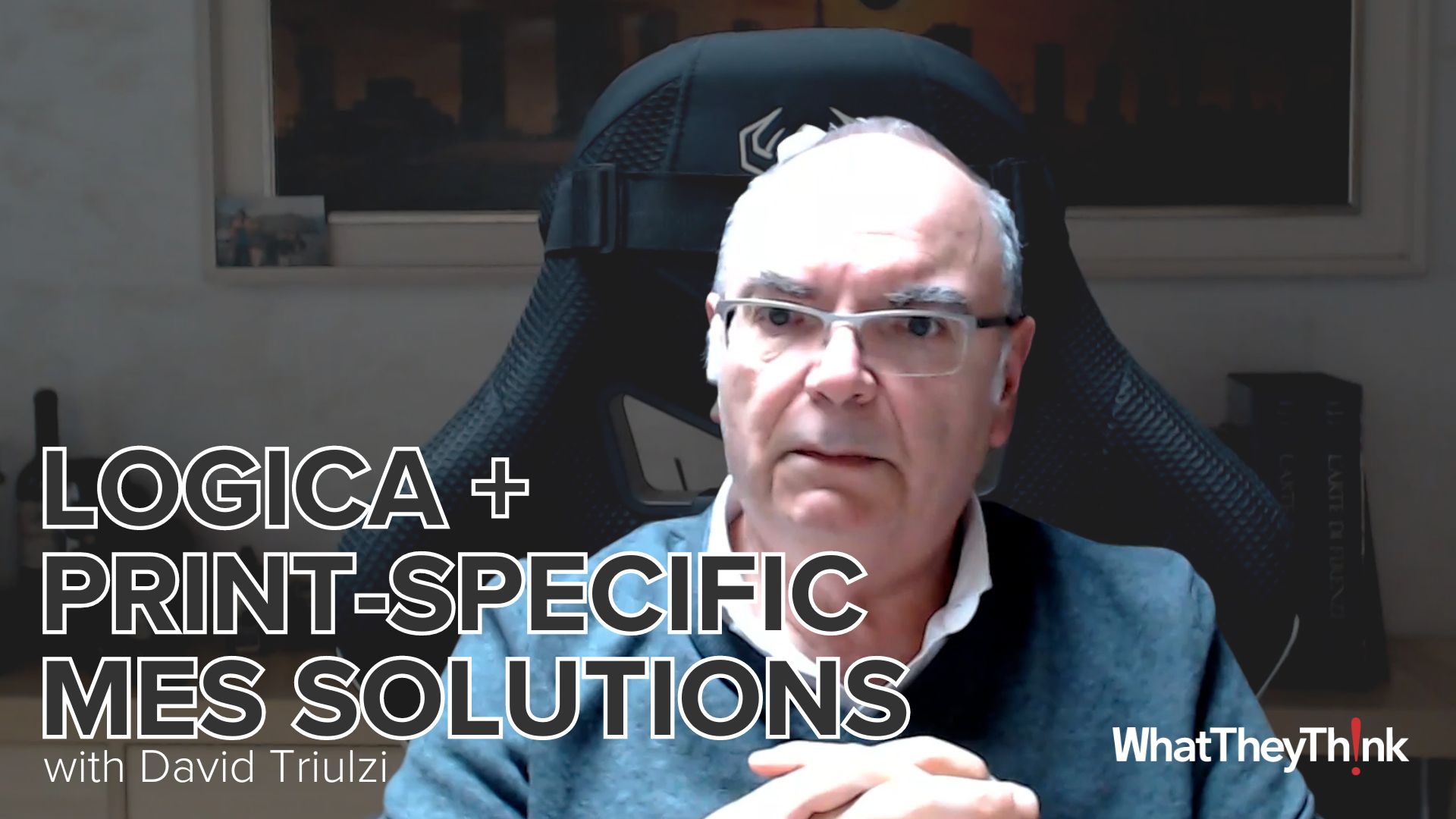In the past month alone, New York, Florida and Pennsylvania approved Verizon Communications Inc.'s request to quit distributing residential white pages. Residents in Virginia have until Nov. 19 to provide comments on a similar request pending with state regulators.And it’s not just the fact that more people are going online for numbers. As people ditch their landlines for mobile phones, they don’t even appear in phone books anymore, rendering the residential phoe book increasingly useless. Note that this just applies to residential phone books; Yellow Pages insists that the printed business directories are still doing fine, though I wonder for how much longer. By the way, we often (and by “we” I mean “I”) talk about disruptive technologies and media, but a new book called The Phone Book: The Curious History of the Book That Everyone Uses But No One Reads by Ammon Shea (who wrote Reading the OED; who would have thought that a book about a guy reading a dictionary could be entertaining?) looks at the surprising impact the phone book itself has had on our culture. Of course, not everyone is enamored of the phone book. The gadget site recently Gizmodo had a post about the elimination of residential phone books that was titled “Die, Phone Book, Die.”
Commentary & Analysis
Whither the Phone Book?
Maybe it’s some kind of revenge.
Maybe it’s some kind of revenge. Remember back in the 1970s and 80s, the phone company (when you could use the definite article with “phone company”) used to run those commercials where testy operators would rip people a new one for “calling directory assistance to get numbers you could just as easily look up in the phone book”? It was an interesting experiment in shame-based advertising. Since then, operators have largely been replaced (sorry, Ernestine, no more “one ringy dingy” for you) and now the phone book may itself be consigned to obsolescence.
At one time, we were encouraged to “let our fingers do the walking,” but since I now get no fewer than half a dozen phone books (all unbidden, and all of which have different listings), my fingers need some sort of orthotics. So it’s actually easier to simply use Google. And tellingly, even the Yellow Pages has an iPhone app.
The phone book has also represented a challenge for homes and business that want to recycle. Many recyclers prohibit users from intermingling phone books with other recyclable papers (one argument being that the fibers used in phone book papers are not easily recycled into usable paper, while another is that some phone books include non-recyclable bits, like magnets, laminated inserts, etc.), making it a challenge to get rid of the things.
So some people may have mixed feelings about the news that the residential phone book may not be long for this world.
About Richard Romano
Richard Romano is Managing Editor of WhatTheyThink. He curates the Wide Format section on WhatTheyThink.com. He has been writing about the graphic communications industry for more than 25 years. He is the author or coauthor of more than half a dozen books on printing technology and business. His most recent book is “Beyond Paper: An Interactive Guide to Wide-Format and Specialty Printing.
Video Center
- 2024 Inkjet Shopping Guide for Folding Carton Presses
- The Future of AI In Packaging
- Inkjet Integrator Profiles: DJM
- Spring Inkjet Update – Webinar
- Security Ink Technologies for Anti-Counterfeiting Measures
- Komori unveils B2 UV Inkjet
- Keeping Nozzles Fresh with Flow
- Komori to Unveil the J-throne 29 Next Generation Digital Press at drupa 2024

WhatTheyThink is the official show daily media partner of drupa 2024. More info about drupa programs
© 2024 WhatTheyThink. All Rights Reserved.








